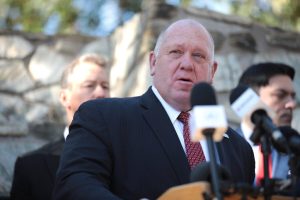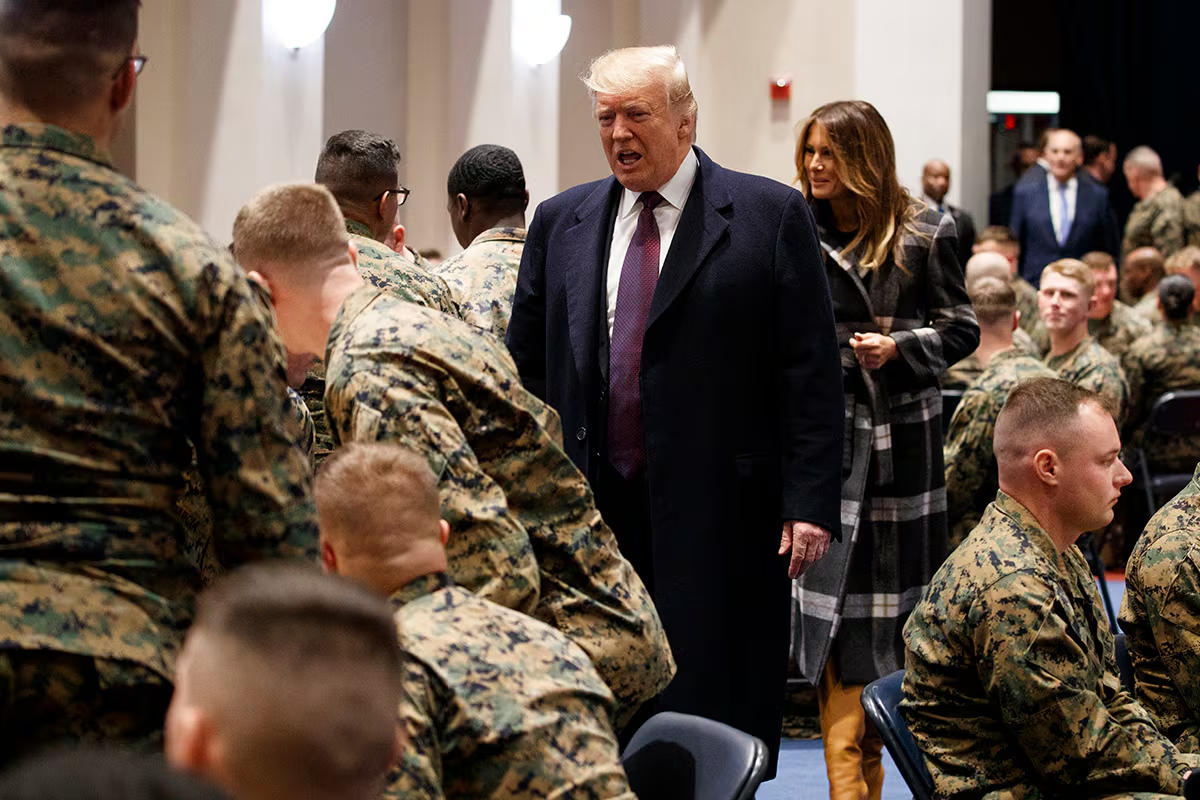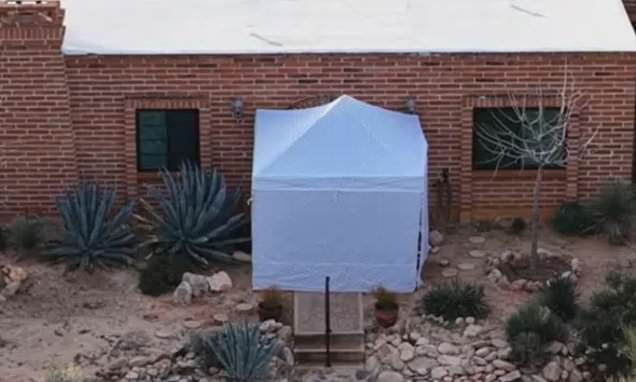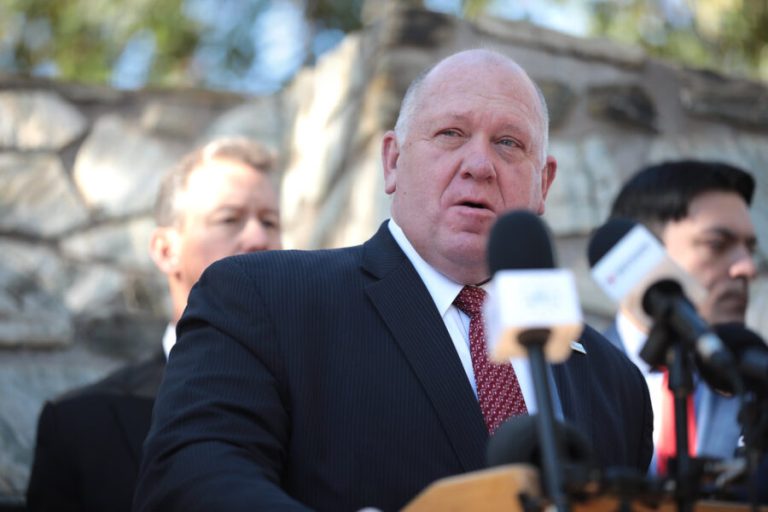NOTE: VIDEO AT THE END OF THE ARTICLE.
In a move already stirring national debate, the U.S. military has confirmed the deployment of 200 U.S. Marines to Florida to assist Immigration and Customs Enforcement (ICE) operations. The Pentagon states the Marines will provide logistical and administrative support only, with no direct involvement in enforcement actions or immigration raids.
The deployment is part of a broader federal initiative aimed at enhancing ICE’s capacity in high-pressure regions such as Florida, Texas, and Louisiana, where immigration enforcement activities have significantly increased under the Trump administration’s second term. According to officials, the Marines will be assigned to ICE detention centers, assisting with transportation coordination, facility management, and data processing duties.
“The Marines are being deployed in a strictly non-combat capacity,” a Department of Defense spokesperson emphasized. “They will not carry out arrests, conduct patrols, or engage with detainees in any enforcement capacity. Their role is strictly to relieve civilian personnel by handling back-end operations.”
Despite those assurances, the decision has sparked widespread backlash from civil rights advocates, immigration reform groups, and some lawmakers who fear the symbolic impact of using active-duty military personnel in immigration contexts.
Critics argue that even in a non-combat role, the visible presence of uniformed Marines at ICE facilities risks sending an intimidating message to immigrants and asylum-seekers, many of whom already feel targeted or unsafe. The American Civil Liberties Union (ACLU) issued a statement saying the move “blurs the lines between military and civil enforcement,” and called it “deeply concerning.”
Democratic lawmakers in Congress have also voiced opposition. Senator Alex Padilla (D-CA) tweeted, “We should not be militarizing immigration. The presence of Marines, even in support roles, sends the wrong message about America’s values.”
However, supporters of the deployment say the move is both legal and practical. Republican lawmakers from states like Florida and Texas have praised the decision as a necessary measure to alleviate the strain on ICE personnel amid surging border apprehensions. Representative Brian Mast (R-FL) said, “This is smart policy. ICE is overwhelmed, and the military is stepping up to help with the workload—not to enforce laws, but to keep the system running smoothly.”
Homeland Security Secretary Kristi Noem defended the decision as “responsible resource sharing,” adding that using trained military personnel for administrative support frees up ICE agents to focus on direct enforcement responsibilities.
As the Marines begin arriving at assigned ICE locations across Florida, the administration insists their role is temporary and mission-specific. Still, the broader political implications are clear: the intersection of military presence and immigration policy continues to be one of the most sensitive and polarizing issues in American governance.
Whether the move proves efficient or controversial in the long run, it’s already become a lightning rod in the ongoing national debate over border security and immigration reform.
PLAY:
https://www.youtube.com/watch?v=4RQfK83syx0










